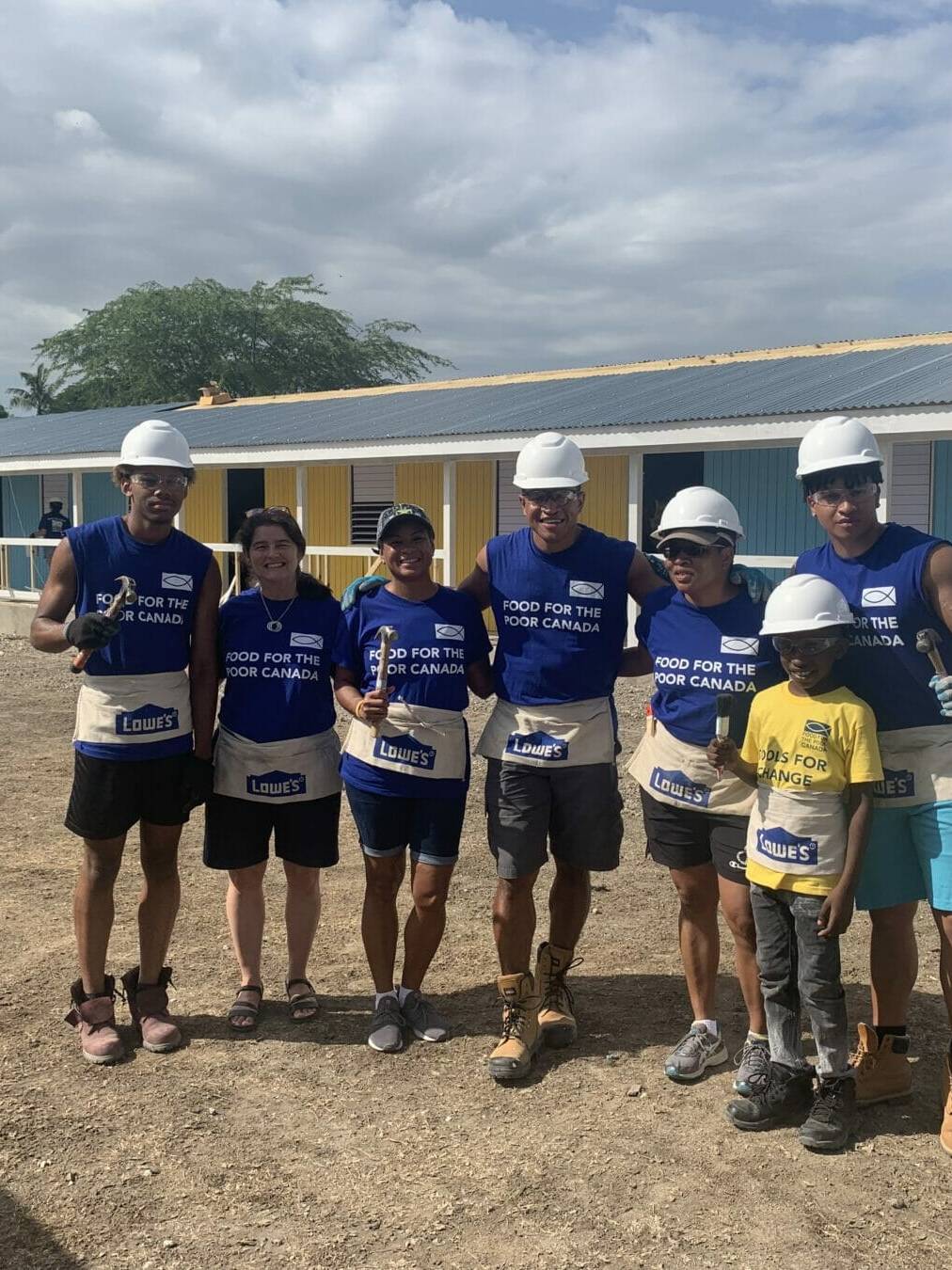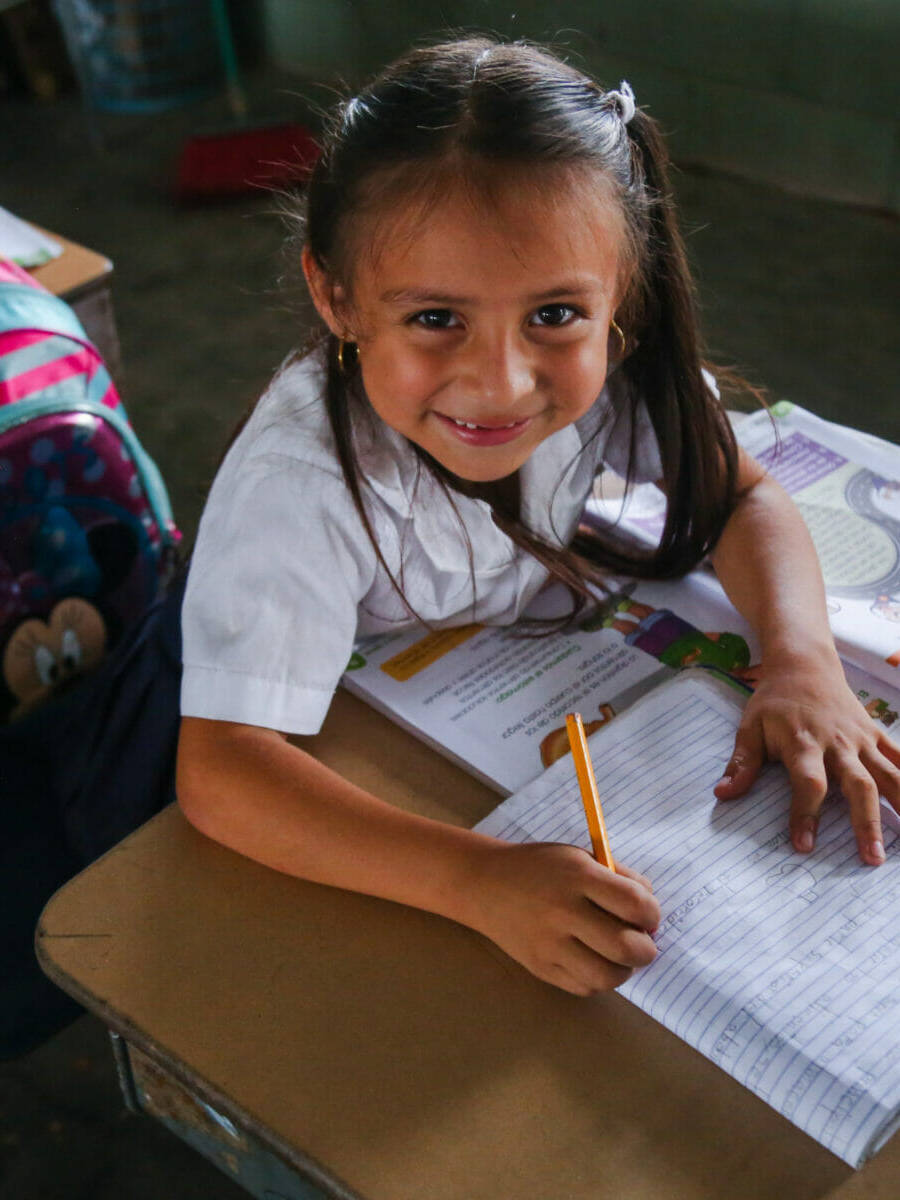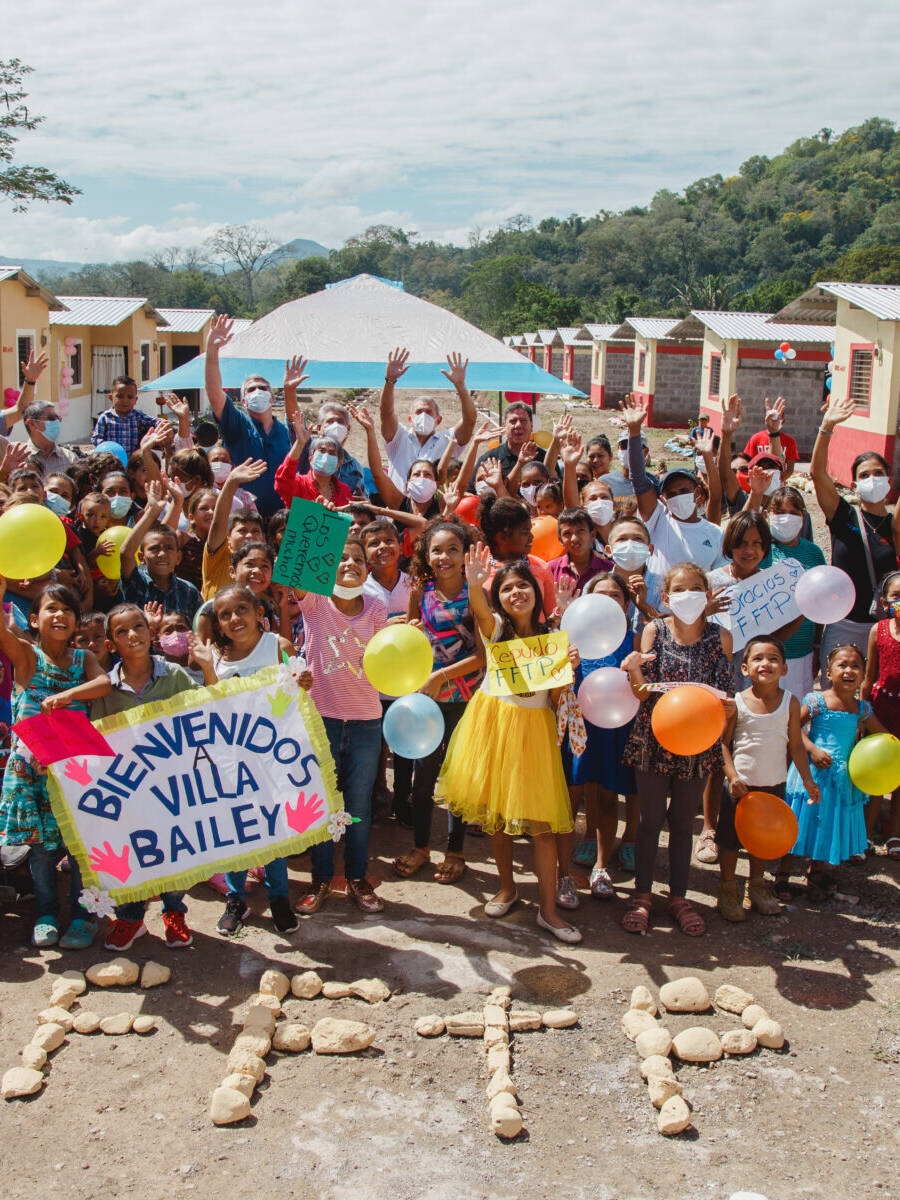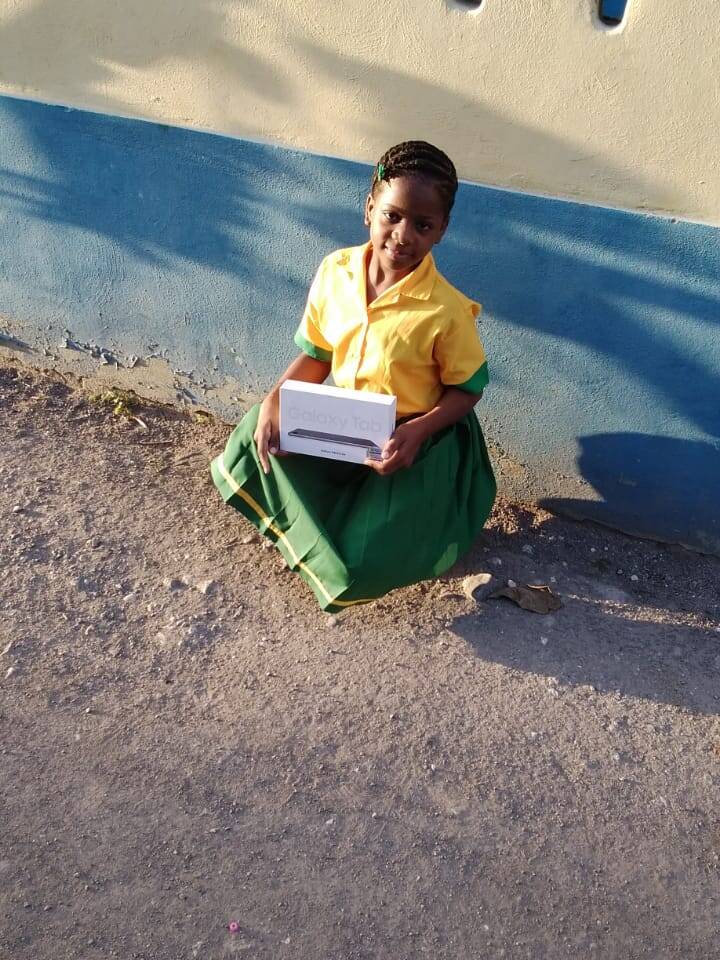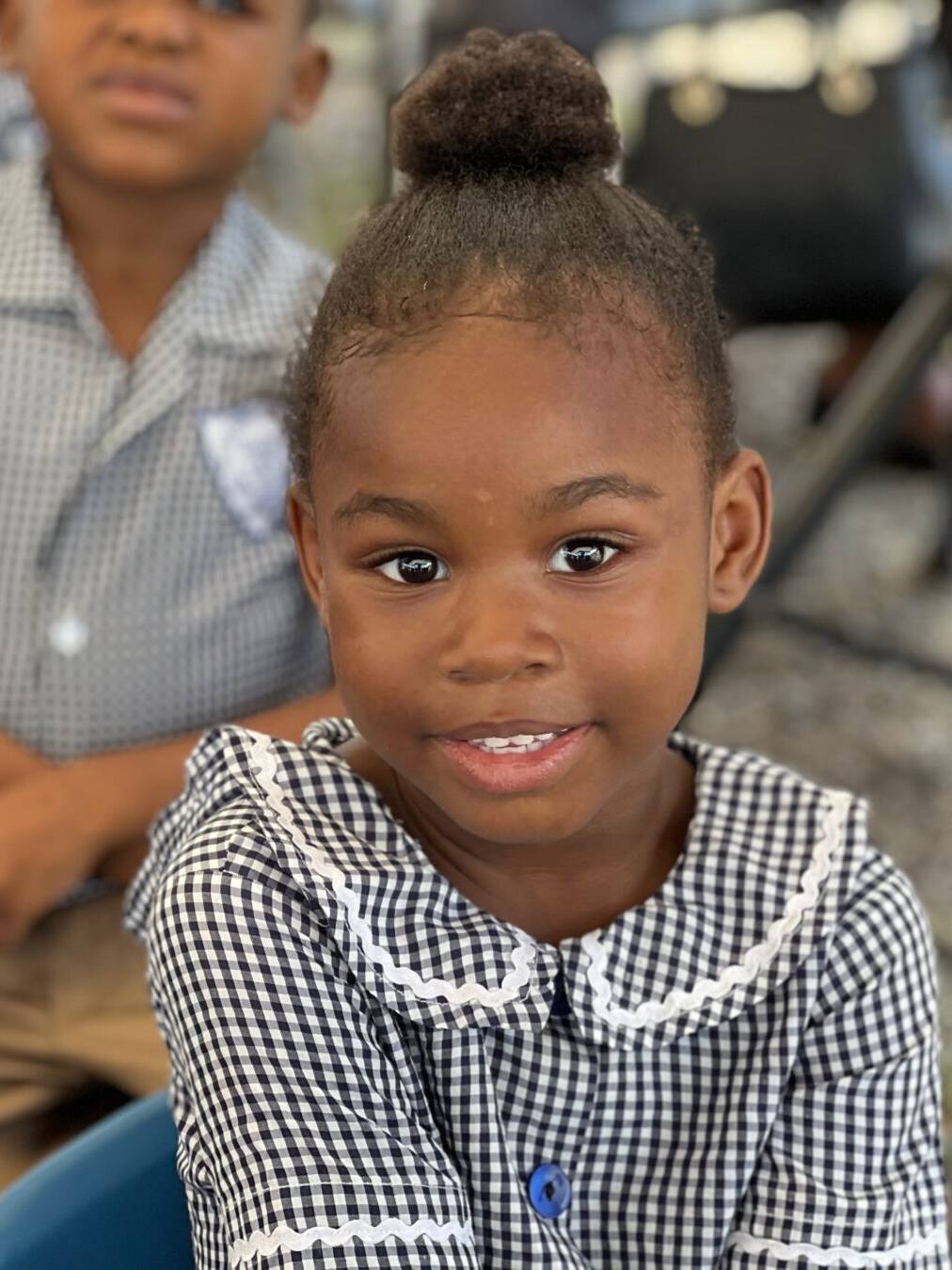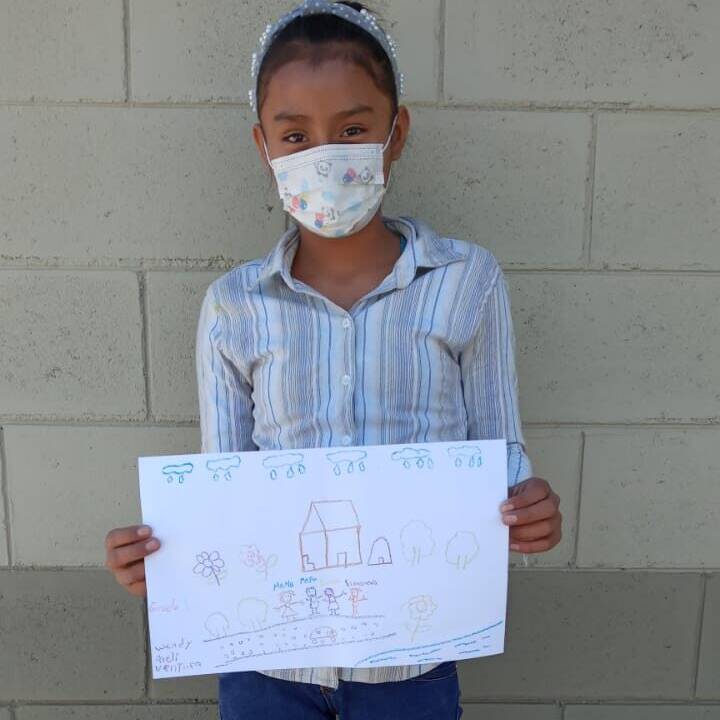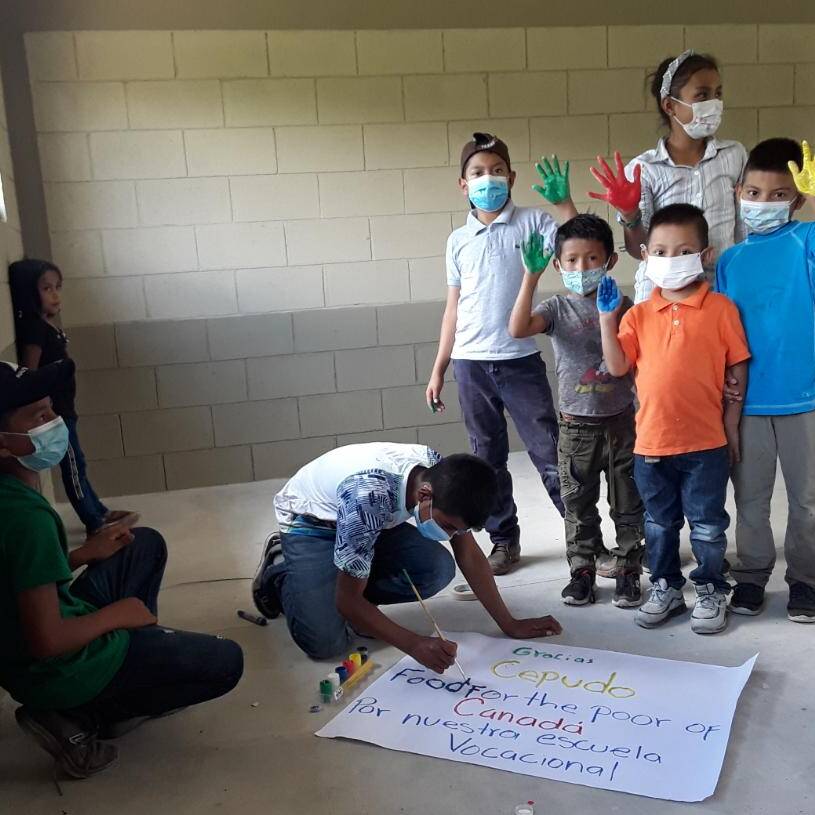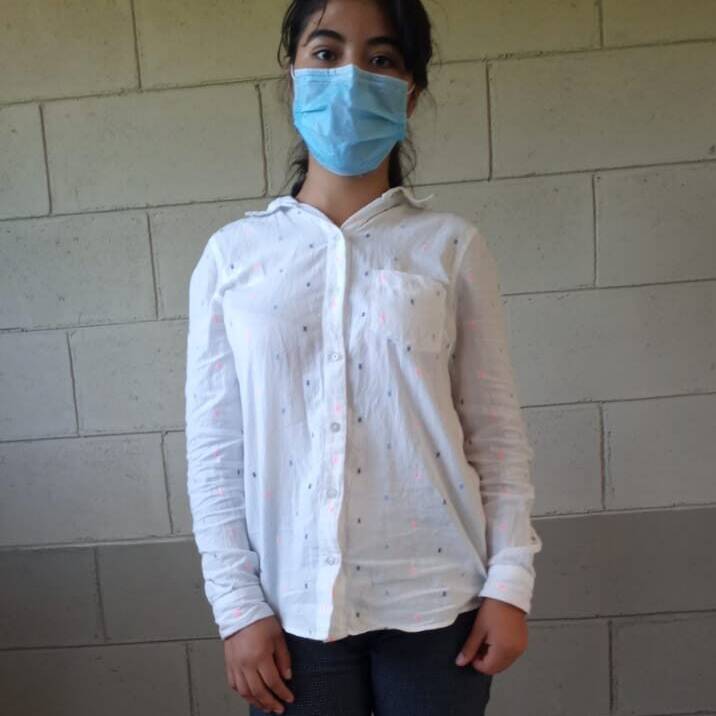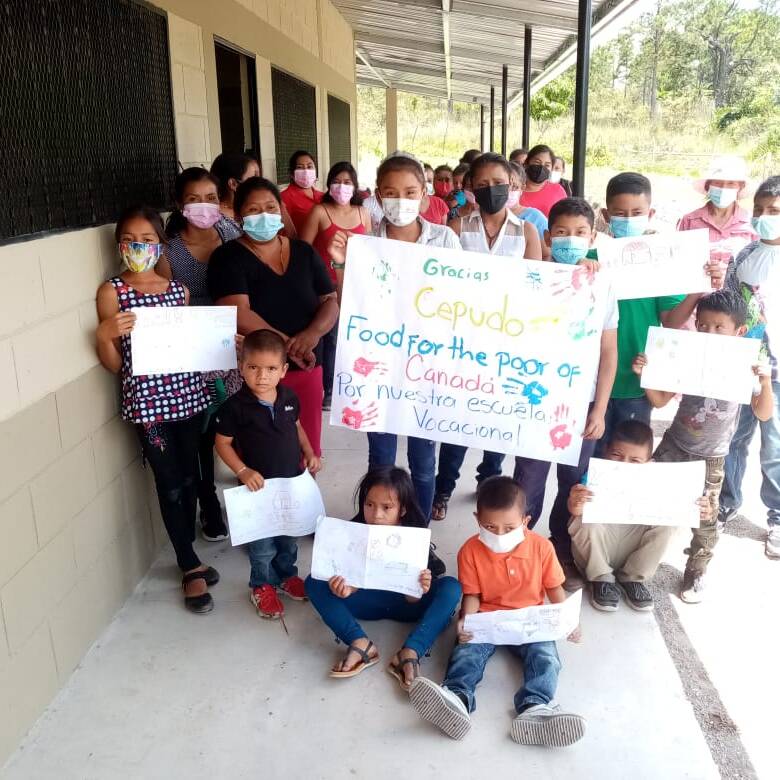
Girls Rights are Human Rights. And the right to education is a Human Right.
We have many initiatives that make education more accessible for girls across the Caribbean and Latin America, from pre-school to high school.
Here are some of the programs our donors are helping run. They focus on making education, health care, and livelihood more accessible and more equitable.
“My name is Wendy Areli Ventura Vasquez I live in San Antonio, Marcala, LaPaz. My father, my mother, my brothers and my grandmother live in my house. My father grows in the fields and my mother in the kitchen. I am 13 years old and I dedicate myself to study, I like to learn mathematics in school and when I grow up, I want to be a teacher.”
-Wendy Areli Ventura Vasquez, 12
The term “Girl Power” is something we have all heard. From slogans to songs, t-shirts to chants, you see and hear it everywhere. It’s even in the Oxford Dictionary!
“Girl Power – Power exercised by girls; a self-reliant attitude among girls and young women manifested in ambition, assertiveness, and individualism.”
The term celebrates the individualism, strength, and capacity that all girls have.
But the truth is, not every girl has the chance to exercise this power that lies within them.
- Worldwide, 129 million girls are out of school.
- The digital divide is expanding. The gender gap for internet users hovers at 43% for developing countries.
- In cutting edge fields such as artificial intelligence, only one in five professionals (22%) is a woman.
This is why on October 11th, we recognize The International Day of The Girl. To remind us that it is our responsibility to empower girls everywhere. To remind us that not every girl has the opportunity to be all that they can be.
Empowering girls and promoting gender equality starts with education. When we invest in girls’ education, we invest in the future. Future entrepreneurs and engineers. We invest in educated and confident political leaders, mothers, scientists, and innovators.
There are many barriers that girls face in accessing education.
- Costs - Poverty is an important factor in whether a girl will go to school. Uniforms, fees, books, transportation. They all add up.
- Gender Bias - Long held misconceptions mean families often focus on the education of male children over females. Considered future breadwinners for families, sons will most often complete their schooling.
- Menstruation - A lack of running water in a school. A lack of separate bathrooms. The lack of resources to secure period products. These factors can and do lead to girls leaving school when they begin to menstruate.
- Household chores - In families where child care isn’t affordable or attainable, girls may miss, or altogether leave school to help with younger siblings. When both parents work, household chores may fall to girls in the family.
“My name is Ruth Nohemi Dominguez Sanchez I live in San Antonio, Marcala, La Paz. My family consists of five, my two parents and my two brothers. I am 15 years old; I am dedicated to being at home and at school I like to learn physics. When I grow up, I want to be a dentist.”
-Ruth Nohemi Dominguez Sanchez, 15
“By giving young girls an opportunity to go to school, they can feel confident and empowered in making their own choices about their future. Empowered girls are the key to breaking the cycle of poverty within their families. By having a chance at a quality education, they can pursue their dreams. They can become strong leaders, and break gender norms. Through the generosity of our donors, we are educating the leaders of tomorrow one girl at a time.”
– Andrea Slipek, Senior Project Manager of International Programs at FFPC
Girl Power Starts With Education
Girls Rights are Human Rights. And the right to education is a human right.
